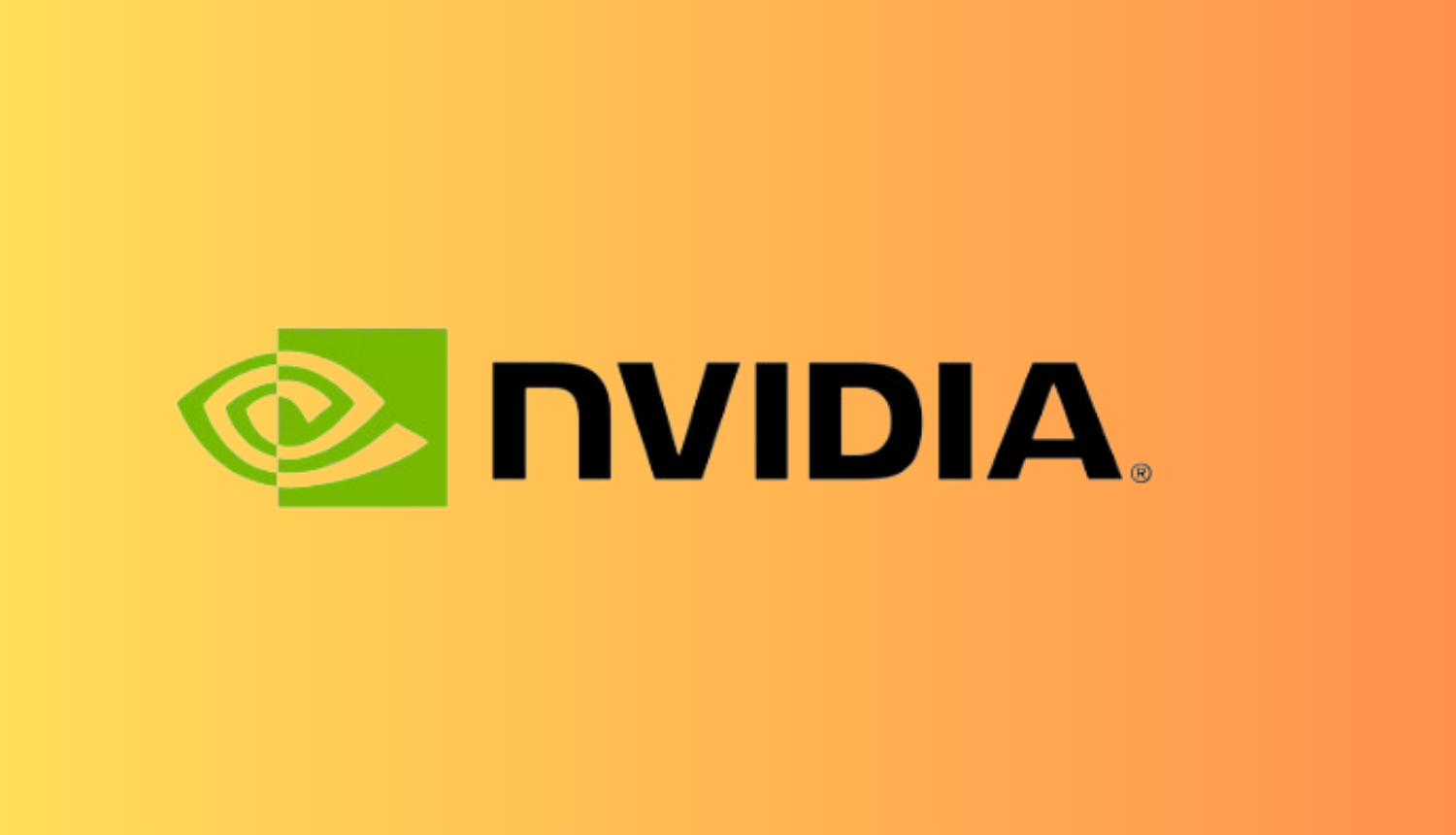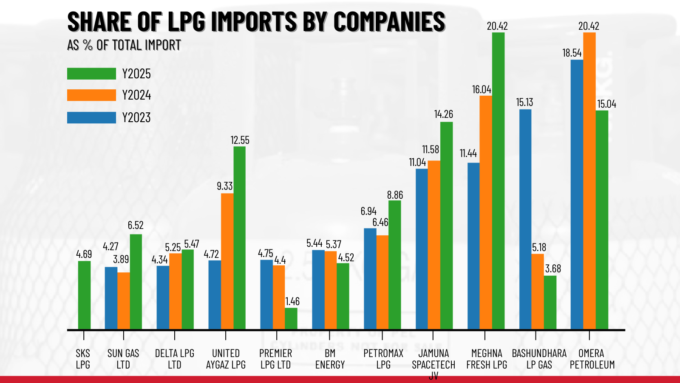Nvidia revealed a series of cutting-edge products on Monday at CES 2025, the annual tech conference held in Las Vegas, signaling its intent to expand its reach into consumer markets. The announcements included AI technology for training robots and self-driving cars, powerful gaming chips, and the company’s first desktop computer, stated in a report.
Jensen Huang, CEO of Nvidia, explained how the firm is adapting the technology behind its successful data center AI chips for consumer PCs and laptops. He also unveiled “Cosmos” foundation models, designed to create photo-realistic video for training robots and autonomous vehicles more affordably than traditional methods.
Cosmos generates “synthetic” training data, allowing robots and vehicles to understand the physical world without relying on costly real-world data collection, such as road testing cars or training robots manually. Similar to how large language models enable natural language chatbots, Cosmos can simulate a world that obeys the laws of physics, based on simple text prompts.
This approach promises significant cost savings for industries requiring extensive training data. Cosmos will be available under an open license, akin to Meta Platforms’ Llama 3 language models, which have gained widespread adoption in the tech industry.
Read more: NVIDIA Introduces Its Most Affordable Generative AI Supercomputer
Nvidia also launched its RTX 50 series gaming chips, leveraging its Blackwell AI technology, which has been a cornerstone of its success in data centers. These chips aim to bring movie-like graphics to video games, excelling in areas like “shaders” that add lifelike imperfections to objects such as ceramic teapots and generating more realistic human faces.
The RTX 50 chips will be priced between $549 and $1,999, with top-tier models set for release on January 30 and entry-level versions in February.
Huang introduced Nvidia’s first desktop computer, Project DIGITS, a $3,000 machine designed for software developers rather than general consumers. Running an Nvidia operating system based on Linux, the desktop integrates the company’s data center-grade chips alongside a processor co-developed with Taiwan’s MediaTek.
This compact system will allow individual developers to test AI systems efficiently. Project DIGITS will be available in March 2025.
Nvidia also announced a significant partnership with Japan’s Toyota Motor, which will use Nvidia’s Orin chips and automotive operating system to power advanced driver-assistance features in multiple vehicle models. While details about the specific models were not disclosed, Toyota’s stock rose 1.7% during late Tokyo trading following the announcement.
Nvidia projects its automotive hardware and software revenue will grow to $5 billion in fiscal 2026, up from an estimated $4 billion this year.
On Monday, Nvidia’s stock closed at a record high of $149.43, bringing its valuation to $3.66 trillion. This cements Nvidia’s position as the world’s second-most valuable publicly traded company, trailing only Apple.
CES 2025, previously known as the Consumer Electronics Show, runs from January 7 to January 10.
For more updates, be with Markedium.













































Leave a comment